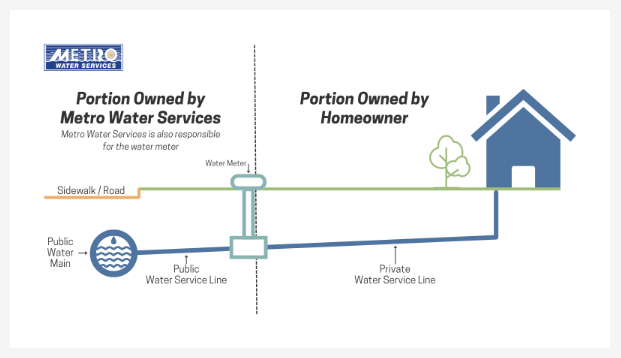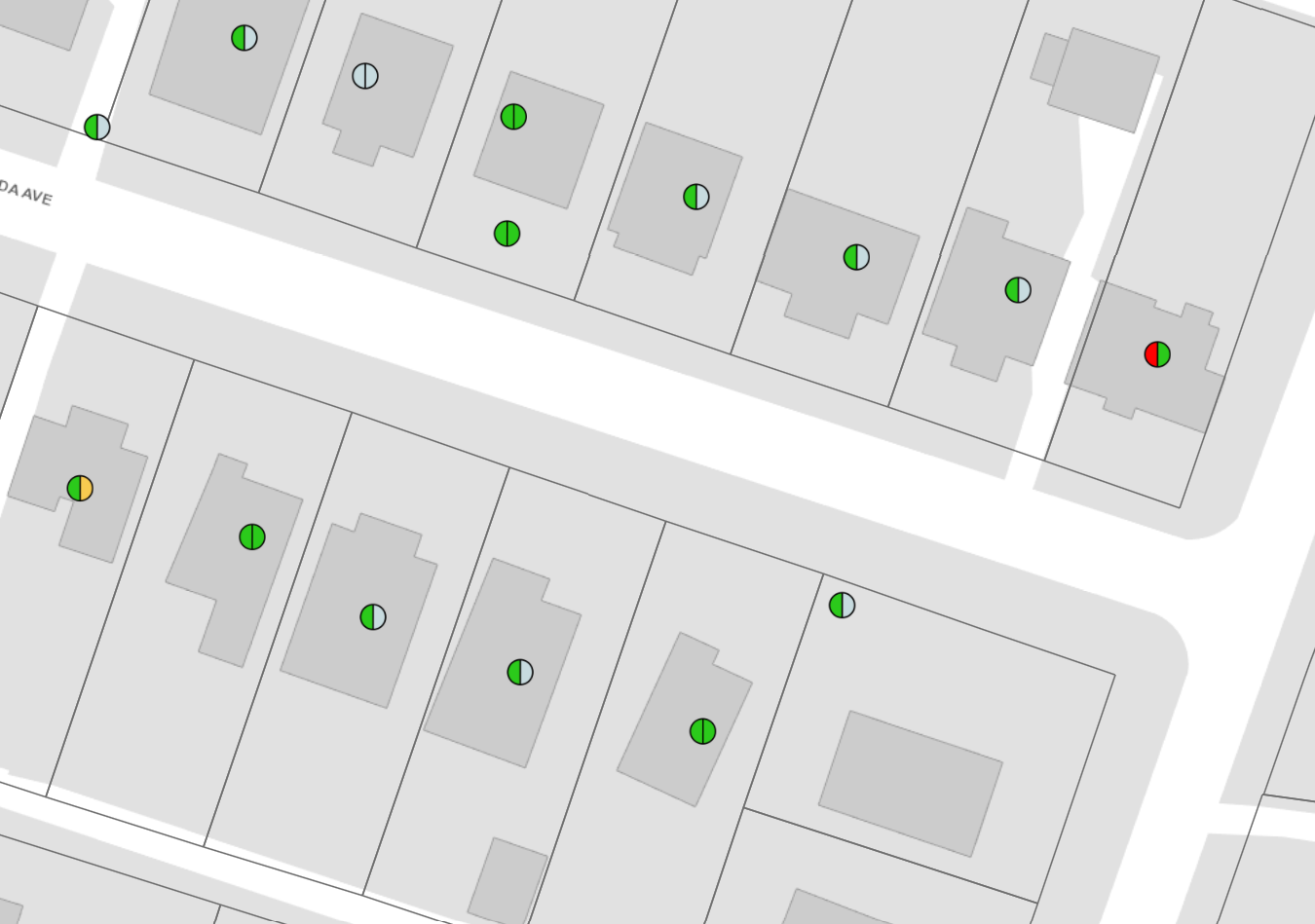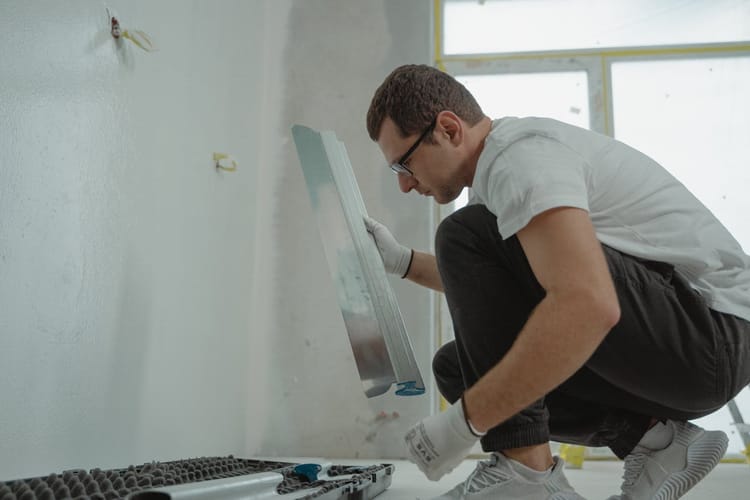Assessing Lead Pipe Risks In the Homebuying Process

It's all too tempting for homebuyers to get swept away by aesthetics and the lovely features of a home and to gloss over less visible issues with long term impacts. One of these relates to water quality, and specifically, the risk of lead leeching into the water supply. Understanding the risks associated with lead and knowing how to navigate the complexities of both city-owned service lines and homeowner supply lines is essential for making an informed purchase decisions.
City-Owned vs. Homeowner Supply Lines

City-Owned Service Lines - These pipes run from the municipal water main to your property's boundary or water meter. They are owned and maintained by the city or local utility company. Their composition directly affects the water entering the home, but the homeowner cannot directly control their repair or replacement. Knowing the material of these lines can be a significant factor when choosing whether to purchase a property.
Homeowner Supply Lines - These pipes start after the water meter and distribute water throughout the home. The owner is responsible for their maintenance and replacement.
Health Risks of Lead Exposure
- Neurological Damage: Lead interferes with brain development in children, leading to learning disabilities and reduced IQ.
- Cardiovascular Issues: In adults, it can cause hypertension and increased risk of heart disease.
- Kidney Damage: Prolonged exposure affects kidney function.
- Reproductive Problems: Can lead to fertility issues and complications during pregnancy.
Even low levels of lead exposure can be harmful, making it crucial to address this issue proactively.
Assessing City-Owned Service Lines
- Contact Local Authorities: Reach out to the city's water department to inquire about the materials used in service lines for the property.
- Public Records: Some municipalities provide online resources or maps highlighting areas with known lead pipes.
- Community Insight: Speak with neighbors or local community groups who might have tackled similar concerns.
For Nashville and Davidson County specifically, there are some handy resources available.
MWS Water Service Line Pipe Material Inventory

This resource is an interactive map of Davidson County, TN that provides users with the data Metro Water Services has on the supply line materials to a given address. Particularly, it tells users whether MWS is aware of a lead risk either on the city side, or the homeowner side.
https://experience.arcgis.com/experience/d391788f09a44f9ba8f53f444596a5b4

Inspecting Homeowner Supply Lines
- Professional Inspection: Hire a certified plumber to thoroughly inspect the home's internal plumbing.
- Visual Clues: Lead pipes are typically dull gray and can be easily scratched with a key, revealing a shiny surface underneath.
- Check Pipe Joints: Lead solder was used in copper piping until 1986. Look for bulging joints which might indicate lead solder.
- Water Testing: Have the home's water tested by a certified laboratory for lead concentration levels.
Minimizing Your Risk as a Homebuyer
Making Informed Decisions About City-Owned Service Lines:
- Factor into Negotiations: While you can't change these pipes, knowing they contain lead can influence your decision to buy or empower you to negotiate terms.
- Plan for Mitigation: Budget for filtration systems or advocate for city initiatives to replace lead service lines.
Taking Control of Homeowner Supply Lines:
- Budget for Replacement: If lead pipes are present, consider the cost of replacing them when evaluating the property's overall value.
- Immediate Mitigation Strategies:
- Install Certified Filters: Use filters that meet NSF/ANSI Standard 53 for lead reduction at key points like kitchen faucets.
- Regular Flushing: Run taps for several minutes after periods of inactivity to flush out water that may have absorbed lead.
- Use Cold Water: Always use cold water for drinking and cooking, as hot water leaches lead more readily.
Long-Term Solutions and Advocacy
For City-Owned Service Lines:
- Community Engagement: Join local efforts to push for the replacement of municipal lead pipes.
- Stay Informed: Keep abreast of city plans or funding opportunities dedicated to infrastructure improvements.
For Homeowner Supply Lines:
- Full Replacement: The most effective solution is to replace all lead-containing pipes and fixtures within your home.
- Regular Maintenance: Periodically check and maintain plumbing to prevent corrosion, which can increase lead leaching.
Why It Matters in Your Home Buying Journey
Investing in a home is about more than just walls and roofs; it's about creating a safe haven for you and your loved ones. Lead in the water supply is a hidden hazard that can have profound health implications. By distinguishing between what you can control (homeowner supply lines) and what you can't (city-owned service lines), you empower yourself to make choices that prioritize well-being.
- Informed Choices: Use the knowledge of lead risks as a critical factor in your home selection process.
- Proactive Planning: Even if a home has lead pipes, understanding the issue allows you to plan for necessary renovations or mitigations.
- Community Impact: Your awareness and actions contribute to broader efforts to eliminate lead exposure risks for everyone.

Taking the Next Step
As you walk through prospective homes, let your insights into the water supply system guide you. Ask questions, seek professional advice, and weigh the pros and cons with a holistic perspective.



